
Low mortgage rates, lots of mortgage options
Conventional Mortgage Loans
With low rates and flexible financing, a conventional mortgage loan from Mountain America provides a variety of affordable home financing options.
Flexible, affordable home financing
Find the best option for your specific homebuying situation with a conventional mortgage loan from Mountain America. Our mortgage loan specialists work closely with you to select the rate, down payment and terms that meet your financial goals. Whether you're buying your first home, investing in a rental property or anything in between, we have the right solution for you.

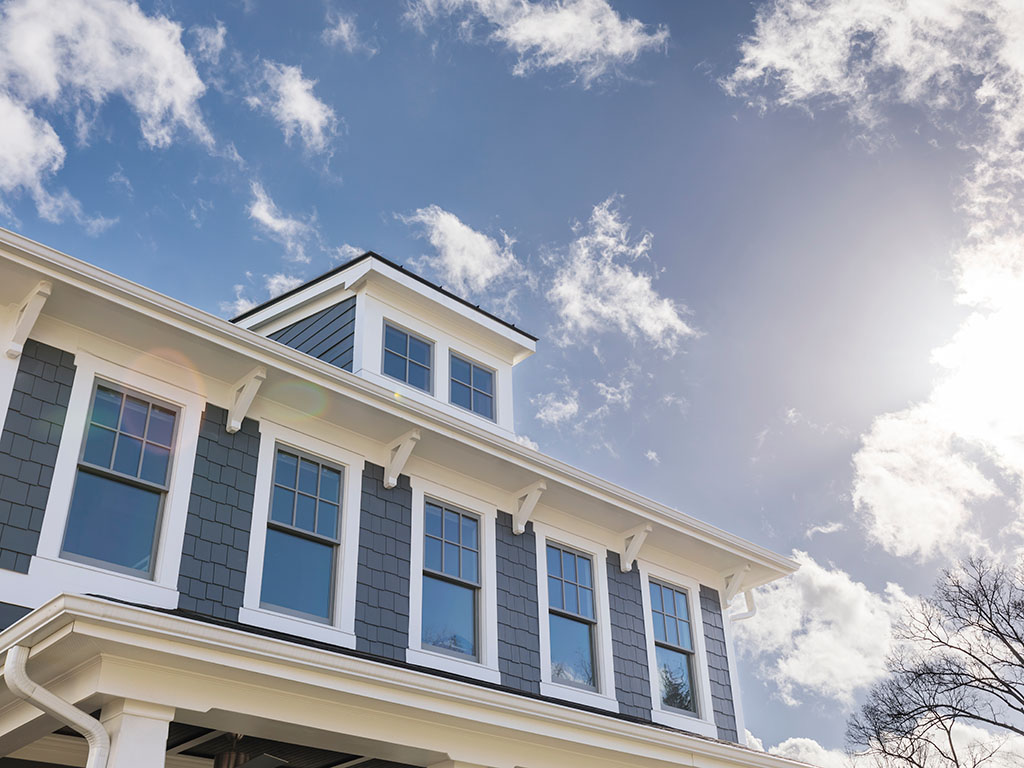
Conventional mortgage loan features
- Up to 95% loan-to-value financing*
- Fixed- and variable-rate terms
- Low mortgage insurance
- Available for second homes and investment properties (up to a fourplex)
- Quick Close℠ electronic mortgage process
Additional conventional mortgage loan details
- Loan amounts up to $806,500—loan limits may be higher depending on the county limits
- Gift funds may be contributed by parents or other family members
- Private mortgage insurance (PMI) required for loans above 80% loan-to-value (LTV)
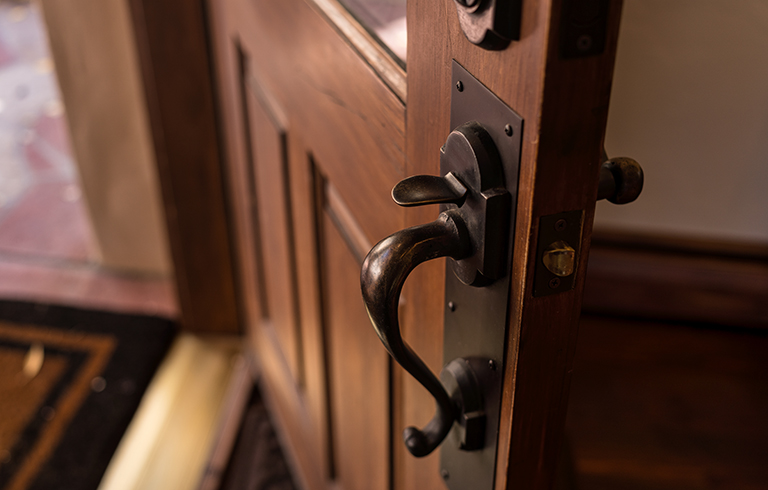
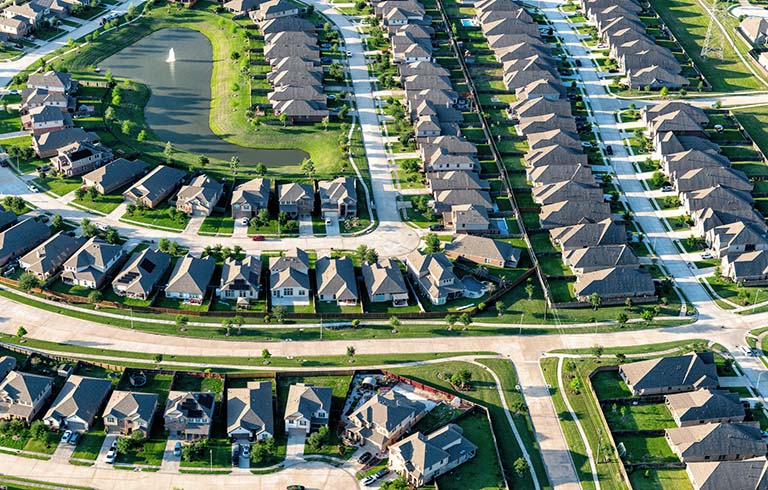
Estimate Your Mortgage Payments*
Conventional mortgage loan interest rates
Contact a mortgage representative30-Year Fixed (New Purchase)
Today's rate
N/A
15-Year Fixed (New Purchase)
Today's rate
N/A
100% First-time Homebuyer
Today's rate
N/A
Construction Loan
Today's rate
N/A
Next Steps
Depending on your circumstances, the best course of action may be different. Here's how to decide:
When to apply online
- You want to buy and already have a property in mind.
- You don’t have any additional questions.
When to call or schedule an appointment
- You’re simply inquiring about rates and/or the closing costs of a refinance.
- You’re beginning the process of remodeling a home you want to refinance.
- You want to buy but don’t have a property in mind yet.
- You are considering a co-signer.
Schedule an appointment
Sit down with one of the experienced loan officers in your area.
Conventional home loan FAQs
What are the requirements of conventional mortgage loans?
The requirements to qualify for a conventional mortgage loan vary by lender, but generally depend on a buyer’s monthly income and credit history. They also require a bigger down payment, which results in smaller monthly payments. Down payments can be as small as five percent based on the lender’s preference and borrower’s credit history, but most conventional loans require 20% of the home’s cost. Borrowers whose down payment is less than 20% will need to pay for private mortgage insurance. PMI is required on the mortgage until the loan-to-value ratio reaches 80%.
Conventional mortgages are ideal for people with good or excellent credit. Loan terms require a credit score of 740 or higher to qualify for the best available interest rates.
Because conventional mortgages aren’t guaranteed by the federal government, they tend to be considered a greater risk for lenders. But they typically require less hurdles for borrowers compared to FHA and VA loans. This makes them ideal for those who want to buy a new home and are able to meet the income and credit requirements.
Do I qualify for a conventional mortgage loan?
The requirements to qualify for a conventional mortgage loan are stricter than an FHA loan and vary by lender, but generally the decision is based on the borrower’s monthly income, credit score and debt-to-income ratio.
Conventional mortgages are ideal for people with good or excellent credit. For the best rates, borrowers typically need a credit score of 740 or higher and a debt-to-income ratio of 45-50% or lower.
Conventional mortgage loans also require a bigger down payment, which can result in smaller monthly payments. Down payments can be as small as 3-5% based on the lender’s preference and borrower’s credit history, but most conventional loans require 20% of the home’s cost. Borrowers whose down payment is less than 20% will need to pay for private mortgage insurance. PMI is required on the mortgage until the loan-to-value ratio reaches 80%.
What is the current conventional mortgage rate?
Depending on your creditworthiness, Mountain America Credit Union aims to provide the best conventional mortgage loan rates possible. We offer competitive rates for 30-year fixed conventional mortgages, 15-year fixed conventional mortgages and 100% first-time homebuyer loans. View current conventional mortgage rates.
What is a conventional mortgage loan?
A conventional mortgage is a loan that’s not insured or guaranteed by the federal government. It adheres to the loan guidelines set by Fannie Mae and Freddie Mac, can have a fixed or adjustable rate based on a homebuyer’s credit history and requires a down payment of at least 3%.
What’s the difference between fixed and adjustable-rate mortgages?
The main difference between a fixed-rate mortgage and an adjustable-rate mortgage (ARM) is the interest rate. The interest rate with a fixed-rate loan is set from the beginning and remains the same over the life of the loan, while the interest rate on an ARM can go up or down during the loan term.
Fixed-rate mortgages
While the interest rate remains the same for fixed-rate mortgages, the amount of interest and principal differs from payment to payment, but the total monthly payment stays the same. At the beginning of the loan, most of the payment goes to interest. With each payment, more and more of the monthly payment goes to the principal. One drawback to this mortgage type is that when interest rates are high, it’s more difficult to qualify for a loan because monthly payments are more expensive.
Adjustable-rate mortgages
ARMs are more appealing to some homebuyers because they start with an interest rate that is below the current market rate. This lower rate will only stay in place during a fixed time interval. After that initial period, the interest rate will fluctuate based on the ARM rules, which may result in a spike in the overall monthly payment. Additionally, the adjusted rate may even climb higher than the average rate for fixed-rate mortgage loans. Whichever loan option a buyer chooses, it’s important to weigh the pros and cons of a fixed-rate and adjustable-rate mortgage before closing on a home.
What are the pros and cons of a conventional home loan?
Pros
- Generally offers lower costs than other loan types
- Typically requires less paperwork and is processed quicker than government-issued loans
- Equity builds faster due to the higher down payment
- Smaller monthly payments
- Loan limits up to $806,500—may be higher depending on the county limits
Cons
- Higher down payments, usually 20%
- If you can't make a 20% down payment, you'll need to purchase private mortgage insurance
- For the best rates, you typically need a credit score of 740 or higher and a debt-to-income ratio of 45-50% or lower.

First-Time Homebuyer
Get up to 100% loan-to-value financing and a down payment as low as $1,000.
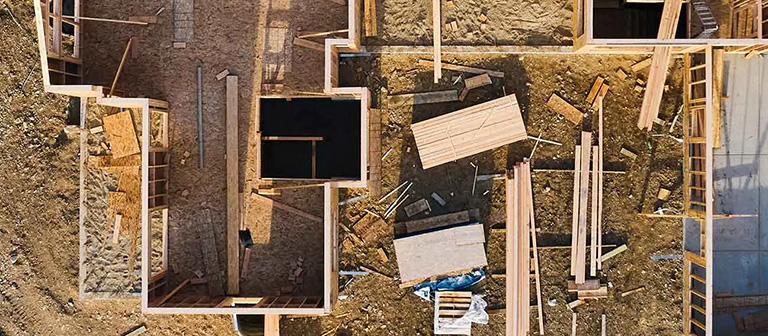
Construction Loans
Build the home of your dreams with a low-rate construction loan. Choose from one-time and two-step closing options.
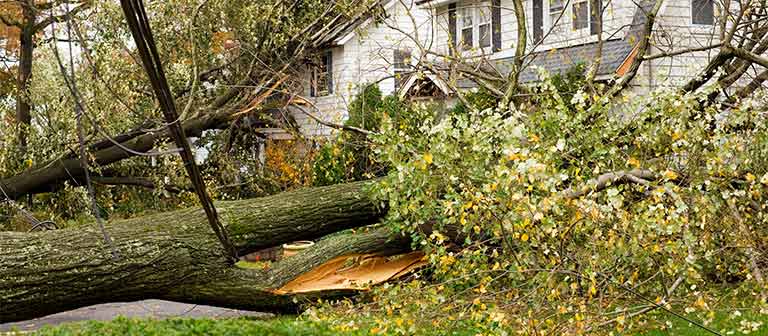
Home insurance
Protect your home, family and possessions with Mountain America Insurance.

The ABCs of buying your first home
Get a clear, simple overview of the homebuying process.
*Loans on approved credit. Actual APR based on creditworthiness. Information and interactive calculators are made available as self-help tools for independent use and are not intended to provide investment advice. We cannot and do not guarantee their applicability or accuracy in regard to individual circumstances. All examples are hypothetical and are for illustrative purposes. Seek personalized advice from qualified professionals regarding all personal finance issues. Actual rate, payment and costs could be higher. The payment amount does not include homeowner's insurance or property taxes which must be paid in addition to your loan payment. Get an official loan estimate before choosing a loan. Some limitations on loan amounts may apply based on county limits and/or loan product. FHA county loan limits apply for FHA loans.
View dispute and mortgage servicing contact information
Foreclosure prevention

